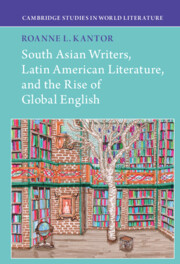This article explores how hope and visions of the future have left their mark on media discourse in Turkey. Looking back at some of the events that took place in the 1980s, a decade that was shaped by the aftermath of the 1980 coup d’état, and considering them alongside what has happened since the ban of Istanbul’s Pride march in 2015, it examines traces of hope in two periods of recent Turkish history characterized by authoritarianism. Drawing on an array of visual and textual material drawn from the tabloid press, magazines, newspapers, and digital platforms, it inquires into how queer hope manages to infiltrate mediated publics even in times of pessimism and hopelessness. Based upon analysis of an archive of discourses on resistance, solidarity, and future, it argues that queer hope not only helps to map out possible future routes for queer lives in (and beyond) Turkey, but also operates as a driving political force that sustains queers’ determination to maintain their presence in the public sphere despite repressive nationalist, militarist, Islamist, and authoritarian regimes.


